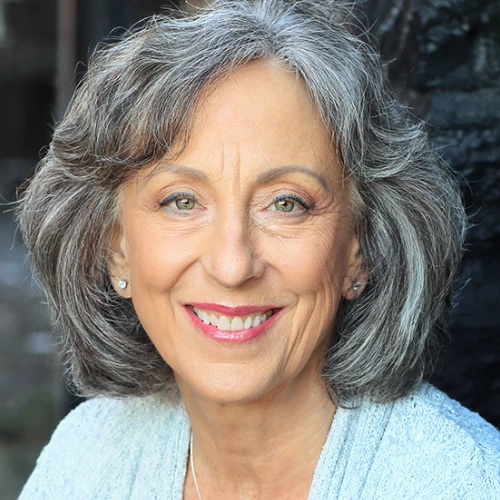Mother always told us to “Stand up straight.” What did she and our ancestors know about standing upright that has taken a backseat in our modern culture? They knew that good posture is intimately related to good function, which is the basis of a healthy, supple, and strong spine that can flex, twist, and extend. Spinal health is essential to overall wellness and healthy aging, maximizing energy and breath, preventing back pain, and decreasing the development of osteoporosis and kyphosis.
Prolonged sitting or other repeated activities, combined with poor postural habits, can cause the spine to collapse on itself, loose muscle tone and resilience, and become compressed. Muscular imbalance from any repetitive activity or lack of activity tends to create restriction in the movement of the hips, shoulders, and spine.
Research shows that when movement is lost, the bones no longer receive the stimulation necessary to remain strong, and bone density begins to decrease. In addition, the shortening of the spine over time causes joint spaces and disks to become narrow, further reducing movement, which can result in back pain and diminished breath.
The key to a more upright and stable spine is a yoga sequence that:
a. Creates optimal balance between opposing muscle groups
b. Progressively extends and opens the spine to overcome spinal compression and collapse
Noted back pain specialist, yoga teacher, and author of Healing Our Backs with Yoga, Lillah Schwartz has put together several sequences that prepare the body to progressively and safely extend and tone the spine in order to move into backward bending poses. These spinal extension poses can help build bone density, reduce back pain, and lead to effortless upright posture—the cornerstones of a fully functioning spine. However, progressing students safely through this category of back bending yoga poses can be challenging for many teachers and tends to be avoided in general classes and thus in personal home practice.
In this three-hour course, Lillah will help you as a student or yoga teacher to safely introduce spinal extensions, aka, foundational back bends, into your practice.
In the 1-hour lecture portion, Lillah, a Certified Yoga Therapist (C-IAYT), explores the why and how a progressive approach to spinal extensions is key to a healthy spine. This includes a discussion of why opening up the hips and shoulders, along with the spine, is essential to prepare the body to safely experience the benefits of back bending poses.
Through a combination of lecture and demonstrated practice, you will:
- Learn effective ways to make your spine supple
- Discover the primary anatomical restrictions that compromise good posture
- Understand how to use opposing actions in poses to improve bone health
- Explore pose sequencing to extend the spine and relieve back pain without strain
- Gain insight into adaptations for students in a mixed-level class
The course offers four 30-minute practice modules with clear guidance to help you understand and apply yoga poses to release and progressively extend your spine for better posture, bone health, back pain relief, and strength.
Module 1: Primary areas of postural restriction and their remedies
Module 2: Pose sequence to extend the spine and relieve back pain without strain
Module 3: Applied principles of opposition to extend and tone the spine
Module 4: Moving On—Deeper spinal extensions to build bone density and strength
This Course also Includes:
- Yoga Practice Videos: Enjoy 4 yoga practice videos that Lillah created for this course.
- Recordings of All Webinar Sessions: It’s generally acknowledged that many people only retain 10-20 percent of what they learn in a workshop. You will get access to the recordings of all webinar sessions – both MP3 (downloadable) and MP4 (streaming online), enabling you to go back and listen to the workshop as many times as you like.
- Transcripts of All Sessions: Ever wanted to refer to a certain part of a course? Even the best note takers miss a point every so often. With the transcripts of the webinar sessions, you can go back and refer to particularly important passages or clarify sections you were in doubt about.



